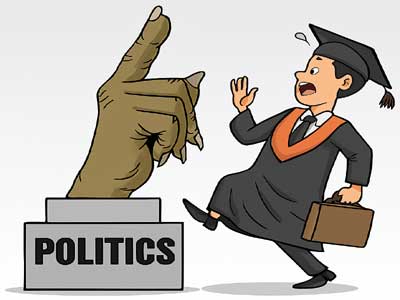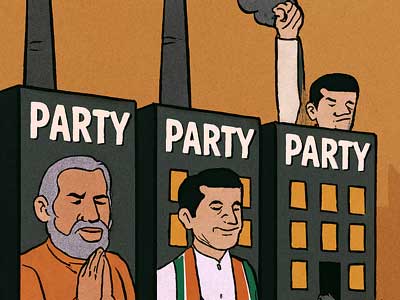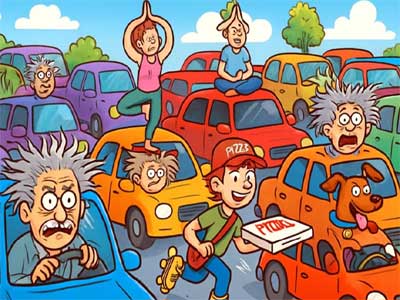Researchers also found a lasting disruption in the timing of heart attacks in the six years after the storm with significantly more incidents occurring on nights and weekends, which are typically times hospitals see fewer admissions for heart attacks.
“Prior to Hurricane Katrina, about 0.7 percent of the patients we were treating in our medical center were suffering from myocardial infarctions (heart attacks),” said lead author Dr. Matthew Peters, internal medicine resident at Tulane University School of Medicine. “This increased to about 2 percent in first three years after Katrina and continued to increase to almost 3 percent in years four through six after the storm.”
The hospital had 1,177 heart attack cases during the six years after the storm, representing 2.4 percent of patient admissions; only 0.7 percent of its patients were admitted for heart attacks two years before Katrina.
Researchers attribute the increase to several factors, most notably chronic stress, higher unemployment and greater risk factors for heart disease, such as increased rates of smoking, substance abuse, psychiatric disorders and noncompliance in taking prescribed medications.
“We found more patients without insurance, who were unemployed and more who had a previous history of coronary artery disease, showing us that the milieu of patients was a sicker population,” said senior author Dr. Anand Irimpen, an associate professor of medicine for the Tulane Heart and Vascular Institute and chief, cardiology section, Southeast Louisiana Veterans Health Care System.


















Related Items
Co-education blues, chatting charades and the great panic attacks
Essential Fusion of Heart and Mind in India's Development
Know your vulnerabilities as cyber-attacks continue